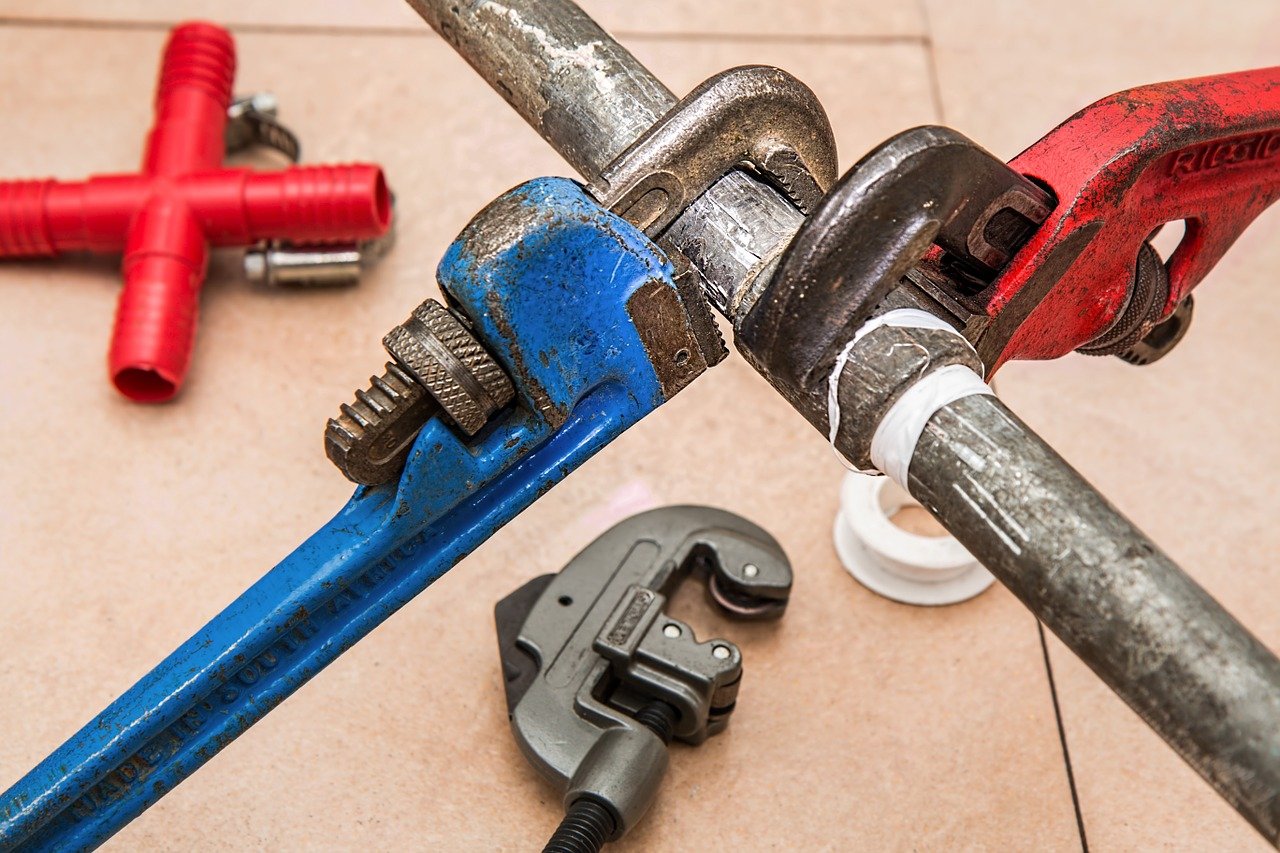6 Tips to Fund Emergency Home Repair
Do you have an unexpected bill that needs to be paid for? Here are some tips to fund repair of this issue.
- Line of Credit on Your Home Equity
You can tap the value of your home through a line of credit. This is a good option for home improvements or when you have an unexpected major expense. You should spend the money wisely and pay it back because the loan is backed by your home.
- Homeowners Insurance Claim
Check your insurance policy and see whether it covers a home repair emergency. If a roof gets damaged by a storm, it might cover some or all of the replacement costs. You should talk to a qualified inspector because there are some damages you cannot see from the ground.
- Community Development Programs
They are administered by local or state governments, agencies, and financial institutions. An example is Community Development Block Grants used by municipalities and issues through HUD. It gives grants to homeowners or emergency repair loans.
There are some requirements that have to be met before a homeowner qualifies for such programs, like an income limit of 80% of the median income of the area. Some assistance programs serve disabled or senior homeowners. You should check out your local Housing Services, Office of Housing, Housing Authority, or anything similar.
- Disaster Relief
If the emergency home repair is a result of a disaster, then you should check out relief organizations like the Federal Emergency Management Agency and the Red Cross. FEMA gives out funds to do emergency repairs that aren’t covered by homeowner’s insurance. The finds are to be used for sanitary living conditions and major repairs for safety, and not restoring your home to its previous condition.
- Credit Card
This is the first option for most people, but you need to think twice before you do it. Your current credit limit might not be enough to cover the costs. If you have a card with a high-interest rate, you may find yourself in a position where you are still paying for the last home disaster when another one hits. You may be better taking a short term loan. Find out more about short term loans vs payday loans.
- Cash-out Refinance
This should be your last resort. If you have equity in your home, then a cash-out refinance can help you with emergency repairs. The downside is it is going to take time to find a good refinance rate.

